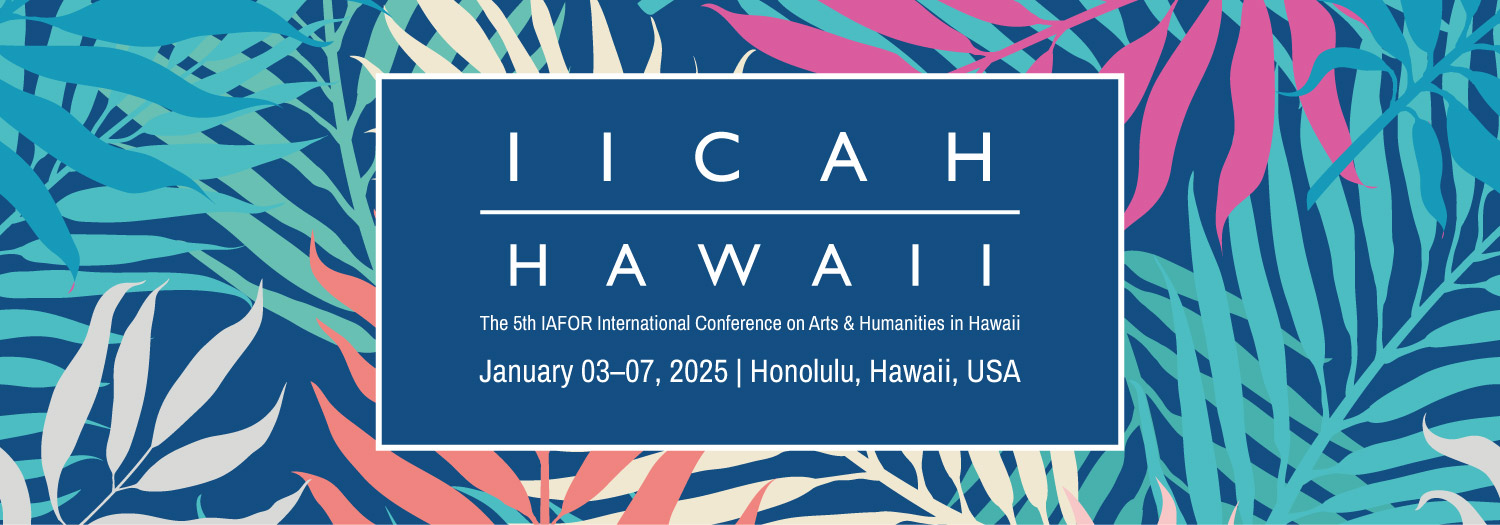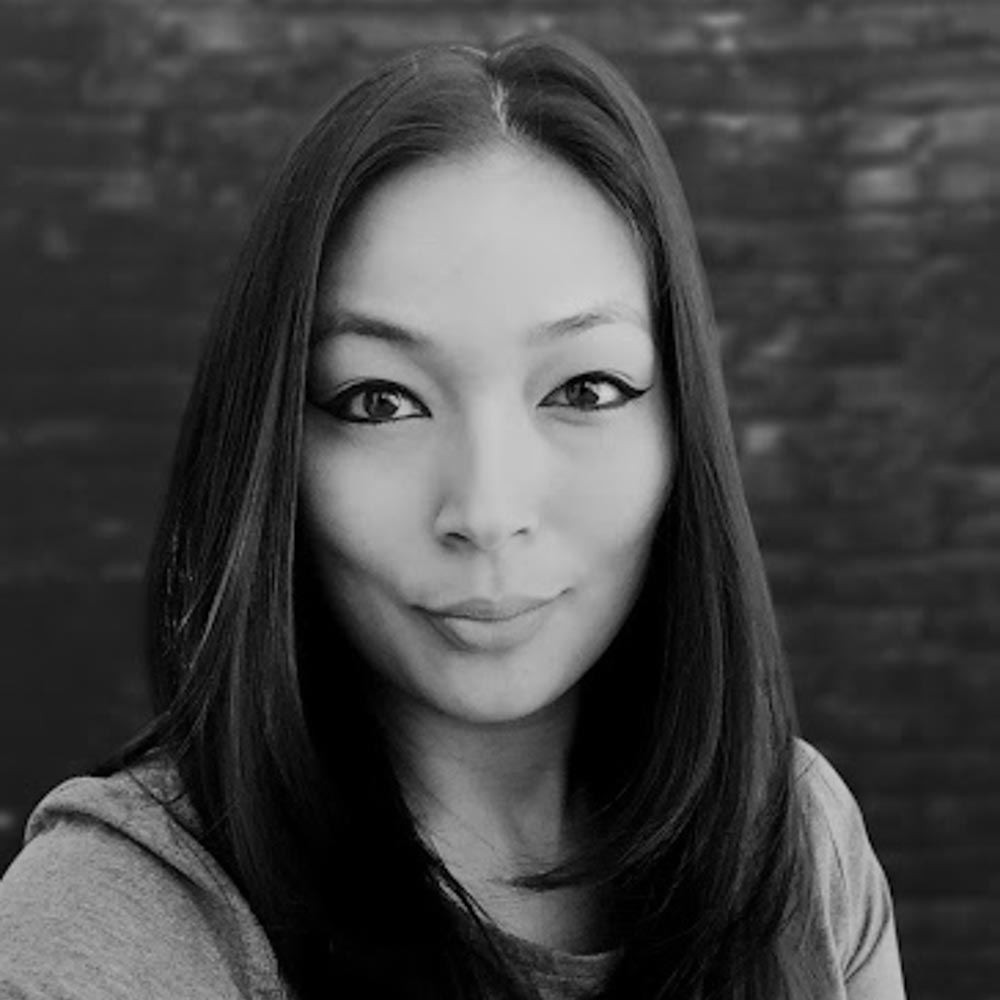Biography
Robin Brandehoff is a Clinical Assistant Professor in the School of Education and Human Development at University of Colorado Denver. Hailing from Hawai'i and East L.A., Robin is a first-generation high school and college graduate emphasizing the importance of individualised advising and mentorship for all students—particularly first-generation Students of Color. In her role as Co-Leader of the national Grow Your Own Collective, she has worked and presented with various GYO programs and leaders from around the country to create a sustainable model for recruiting and retaining diverse, community-grounded Teachers of Color. She is also Co-President of the Pedagogy and Theatre of the Oppressed, Inc., an organisation which supports individuals and groups whose work challenges oppressive systems by promoting critical thinking and social justice through liberatory theatre and popular education in marginalised communities. As an educator and theatre practitioner, her work and research examines the oppressions and traumas of marginalised Communities of Color through liberatory mentorship, performance, and counter-stories to support and educate gang-affiliated youth and the educational leaders and mentors that work with them.
Spotlight Presentation
Building Cultural Wealth Through Natural Mentorships: Five Latinx Gang-Affiliated Youth Share Their Stories of Resilience
This presentation explores the tensions and conflicting perspectives of 20 community leaders, five youth mentees, and three mentors living in a predominantly Latinx and conservative rural California town. Their testimonies describe the sociopolitical changes they have witnessed since the 2016 election including local reactions to national ICE raids, deportation threats, drops in school and community event attendance, and looming “Make California Great Again” billboards now edging the corners of fields where many undocumented farmworkers live and labor. As an act of resilience (Yosso, 2005), five youth discuss their stories of cultivating informal mentorships with older members of their family or individuals filling a familial role. These relationships encouraged mentees to openly challenge issues of racism, colorism, and poverty, and their correlations with a lack of basic youth resources in their town. By purposefully situating this study in a rural area, I aimed to challenge the dominant narrative around formal mentoring programs and their recorded impact to show that informal and naturally-occurring mentorships (Timpe & Lunkenheimer, 2015) cultivated by youth are also impactful. These relationships possess a unique potential to educate and guide teachers and administrators to work alongside their community members and embrace forms of cultural wealth which benefit their students. The objective of this presentation is to collaboratively explore additional ways we, as IAFOR members and educators, can continue to encourage and nurture informal mentorships as acts of resilience and social justice in order to embrace community and extend the limits of our formal schooling potential.

